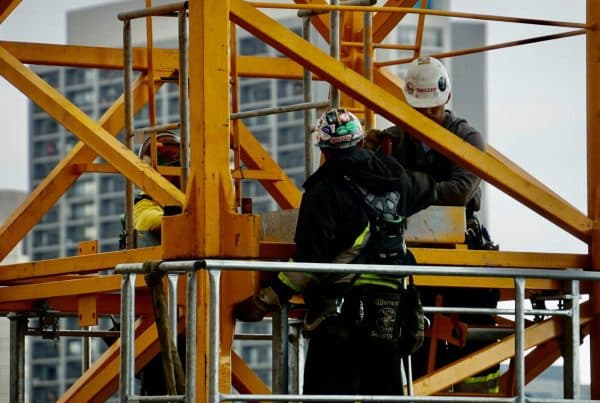
5 October, 2021
The Melbourne Earthquake: How it should have been dealt with in an Australian Standard construction contract
On 22 September 2021, a magnitude 5.9 earthquake struck Victoria. Undoubtedly, this led many construction managers in Melbourne to review their contracts to assess who bears the risk for any damage caused. Ordinarily, Contractors carry the risk for all loss or damage which occurs during the works whilst they are…









